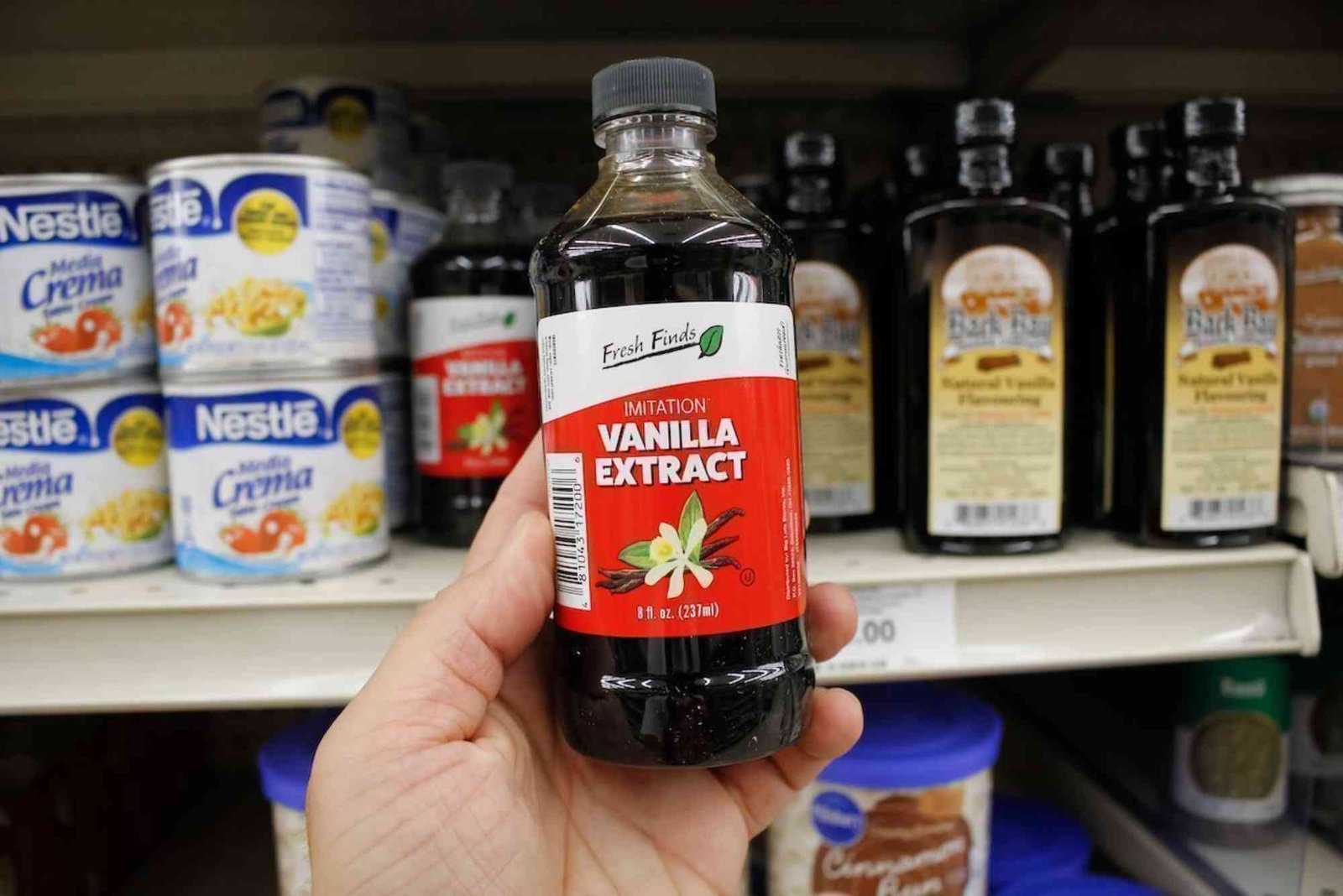When you begin searching for a molded parts manufacturer, the challenge isn’t finding one—it’s choosing the right one among many. With the growing demand for high-quality plastic components across industries, the number of suppliers and manufacturers has exploded. For companies in automotive, medical devices, electronics, or consumer products, selecting the right partner can make the difference between smooth production and costly setbacks. Having worked with several suppliers myself, I’ve learned that evaluating a plastic molded parts manufacturer goes far beyond comparing quotes. It’s about building a partnership that supports your product’s long-term success.
In this article, I’ll walk you through key factors to consider when comparing manufacturers, drawing on both industry best practices and hands-on insights. Whether you’re an established business scaling up production or a startup developing your first product, these guidelines will help you make an informed decision.
Understanding Your Requirements First
Before even contacting a plastic parts company, take the time to clearly define what you need. Many businesses rush into supplier conversations without a well-structured brief, leading to confusion later. Think about the type of molded part you require, the expected volumes, the materials, and any regulatory or compliance requirements.
For example, medical device manufacturers need suppliers familiar with FDA regulations and biocompatible materials, while automotive companies might prioritize durability, strength, and precision tolerance. Without clarity, you’ll struggle to evaluate whether a plastic molded parts manufacturer is truly aligned with your goals.
Evaluating Manufacturing Capabilities
Not all manufacturers are created equal. Some specialize in high-volume runs with standard thermoplastics, while others excel at complex, custom-engineered parts. When you’re comparing different suppliers, dig deep into their capabilities.
Ask about the range of machines they operate, the maximum part size they can mold, and their expertise in multi-cavity tooling. For example, one plastic parts company may focus on small precision parts for electronics, while another could have the infrastructure to produce large structural components.
It’s not just about capacity—it’s about alignment. If your product requires advanced materials like reinforced nylon or specialized additives, the plastic molded parts manufacturer you choose must have direct experience working with those materials. Otherwise, you’ll face costly trial-and-error processes.
Quality Assurance and Certifications
A reliable manufacturer is one that prioritizes quality. Certifications such as ISO 9001, IATF 16949 for automotive, or ISO 13485 for medical devices are strong indicators of a company’s commitment to consistent standards.
But beyond certifications, it’s important to understand their internal quality systems. Do they use statistical process control? Do they provide detailed inspection reports? How do they handle non-conformities?
When I first partnered with a plastic parts company, I overlooked their lack of documented quality processes because their pricing was attractive. The result? Parts that didn’t meet tolerance requirements and weeks lost to rework. Since then, I’ve made quality assurance one of the top criteria in evaluating a plastic molded parts manufacturer.
Tooling and Engineering Support
Tooling is the backbone of plastic part production. Even if a supplier has advanced molding machines, poor-quality molds will always yield poor-quality parts. Some manufacturers design and build tools in-house, while others outsource. Each approach has pros and cons, but what matters most is the level of engineering support provided.
When reviewing suppliers, ask if they offer design-for-manufacturability (DFM) feedback. A strong plastic molded parts manufacturer won’t just accept your CAD file—they’ll help you refine it for efficiency, strength, and cost savings. This proactive support can prevent defects like warping, sink marks, or poor flow lines.
If a plastic parts company demonstrates expertise in mold maintenance and fast turnaround for tool repairs, that’s another green flag. The tooling phase often determines the overall success of your production run.
Cost Considerations Without Compromising Value
It’s tempting to make cost the deciding factor, but the cheapest supplier rarely ends up being the most cost-effective. Price quotes should be evaluated in context with capabilities, lead times, and quality assurance.
A plastic molded parts manufacturer offering rock-bottom pricing may cut corners on materials, tooling, or inspection. On the other hand, a supplier with slightly higher upfront costs might provide better tooling, faster lead times, and fewer defective parts—ultimately saving you money in the long run.
Think of cost as one element of a larger value equation. A dependable plastic parts company can become a long-term partner, helping you optimize designs, reduce scrap, and scale efficiently. That’s worth more than a marginally lower quote.
Lead Times and Supply Chain Reliability
In industries where time-to-market is critical, lead times are a decisive factor. When choosing between suppliers, look beyond the initial tooling time. Ask about their average cycle times, capacity for rush orders, and history of meeting deadlines.
Equally important is supply chain reliability. A plastic molded parts manufacturer that sources raw materials from multiple vendors and maintains buffer stock will be far less vulnerable to global disruptions. During the pandemic, I saw companies who had chosen low-cost but single-source suppliers struggle with months-long delays, while those partnered with agile suppliers kept their production lines moving.
A forward-thinking plastic parts company should be transparent about its supply chain strategy and willing to collaborate on contingency planning.
Customer Service and Communication
Technical expertise means little if communication is poor. The right manufacturer should feel like a partner, not just a vendor. Evaluate how quickly they respond to inquiries, the clarity of their proposals, and their willingness to walk you through challenges.
When I first worked with a plastic molded parts manufacturer overseas, time zone differences made communication difficult. The supplier that ultimately won my long-term business wasn’t just the most capable—they also had a dedicated account manager who responded within hours and kept me updated at every stage.
A good plastic parts company will prioritize transparency and collaboration, making you feel confident that your project is in capable hands.
Real-World Examples of Good and Bad Choices
Consider two scenarios. In the first, a startup selects the cheapest supplier without checking their track record. The result: missed deadlines, high defect rates, and an eventual switch to another manufacturer—losing both time and money.
In the second, a mid-sized company takes the time to evaluate five suppliers, visits two facilities in person, and selects a partner who offers strong engineering support and clear communication. Though the costs were slightly higher, the project launched smoothly, and the partnership continues years later.
These contrasting examples highlight why choosing the right plastic molded parts manufacturer is about much more than cost. It’s about building a long-term, reliable partnership.
Final Thoughts
Choosing between multiple molded parts manufacturers is a process that demands patience, research, and strategic thinking. By clearly defining your needs, evaluating technical capabilities, prioritizing quality, and weighing value beyond cost, you’ll be far better positioned to make the right choice.
The relationship you build with your supplier is as important as the parts they produce. The right plastic parts company won’t just deliver molded parts—they’ll provide expertise, reliability, and long-term value that supports your business goals.
When you approach the selection process with these principles in mind, you’ll not only avoid common pitfalls but also secure a partner that helps your products succeed in competitive markets.




